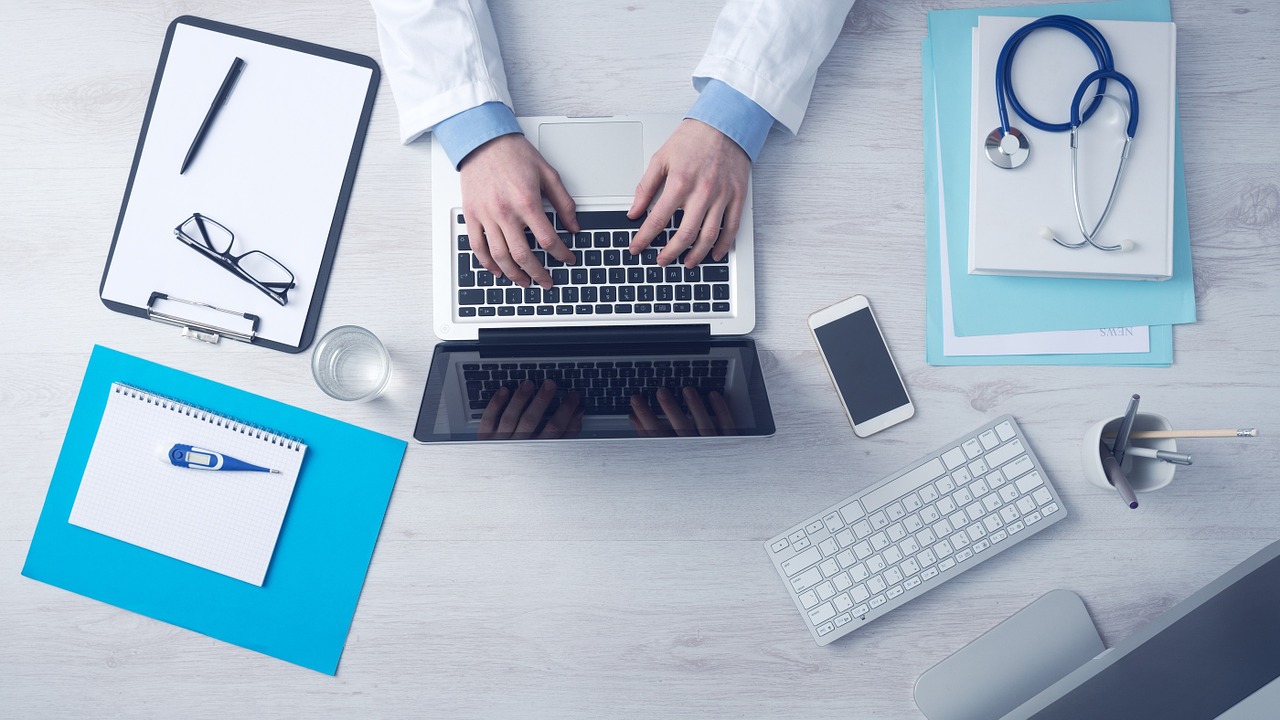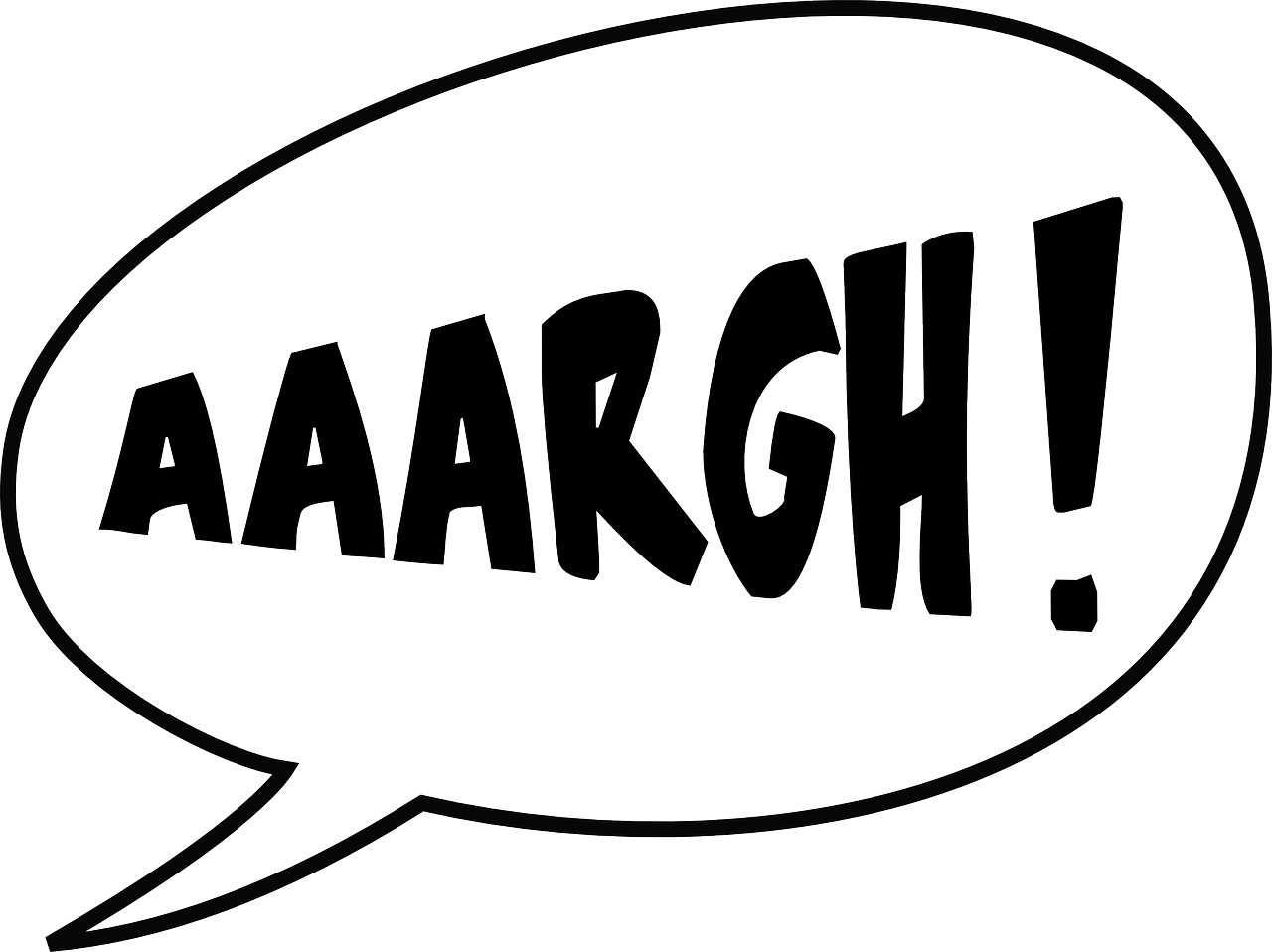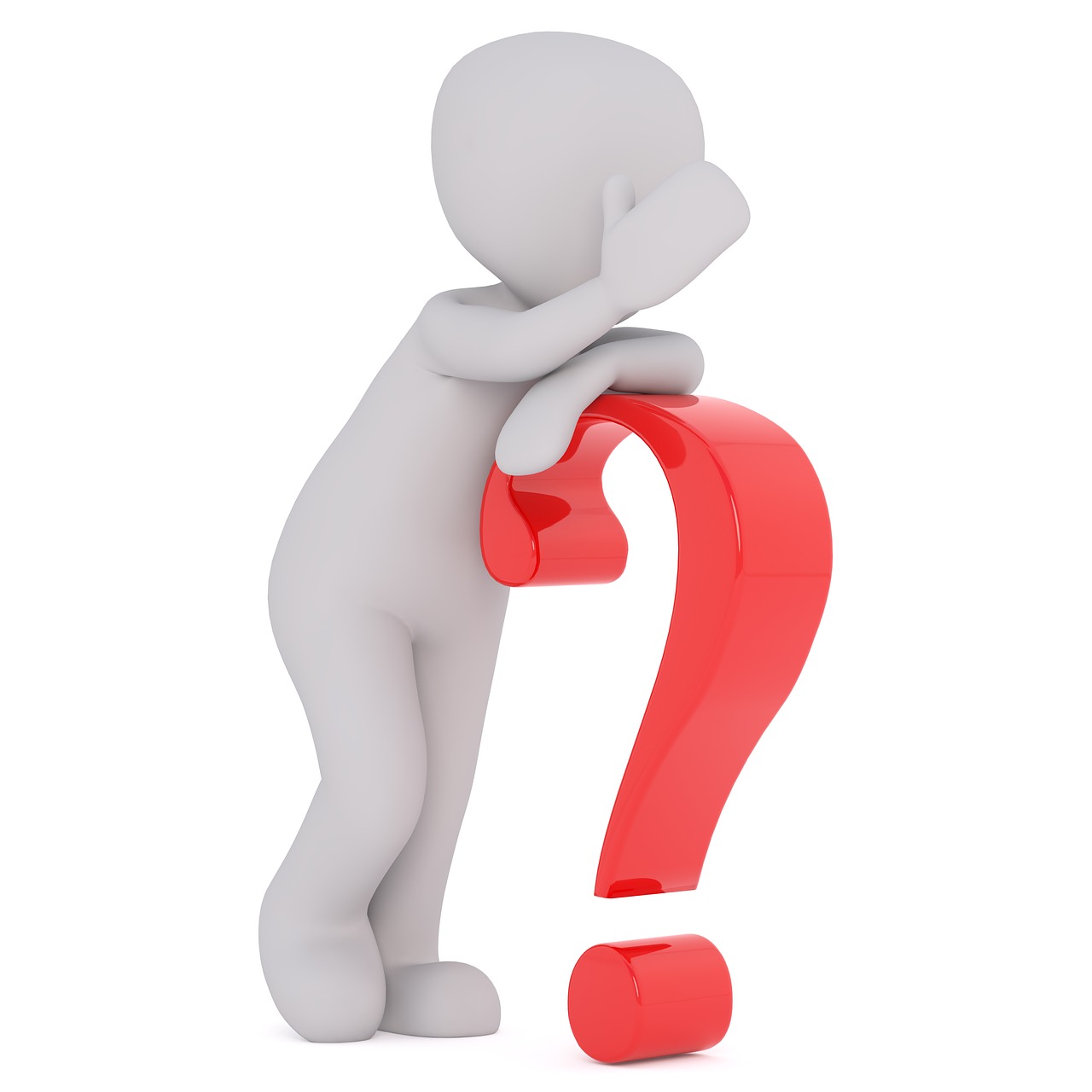I’ve been living with MS for nearly 39 years and I’ve never read the doctors notes my neurologist has written during my office visits. She did hand me a thick folder of notes several years ago with material dating back to my diagnosis in 1980. But, I filed it away and when my wife and I downsized a few years ago I shredded it. I wish I hadn’t because, after all, it’s a part of my history.
I’m thinking about this because of a story I recently read in the Kaiser Health News e-letter. Reading your doctor’s notes, Victoria Knight reports, “can improve your health.” Knight tells of a woman who read her clinical notes and discovered that her doctor had described her as “clinically morbidly obese.” That’s something her doctor had never told her, at least not in those words. The words hit her hard and she became determined to lose weight. “Reading that note,” the woman says, “saved my life.”
Doctors notes can be empowering reading
OpenNotes is a research project in Boston. As its name implies, it encourages doctors to share their notes with patients. Its mission statement reads, in part:
“We believe that providing ready access to notes can empower patients, families, and caregivers to feel more in control of their healthcare decisions, and improve the quality and safety of care.”
The OpenNotes website suggests that you ASK about your notes: Access your notes; Share them when it may help; Know the full story of your health. The site also tells us:
“Reading your medical record, including notes, is a federally protected right, and most providers have processes for making copies for patients who request them. You can also ask your clinician to give/mail/email a copy of the note after the visit.“
OpenNotes provides suggestions to help you get your medical notes. It also provides tips, along with sample notes, to help you understand the notes when you read them.
Note reading is usually a positive experience
The KHN story reports that when researchers “surveyed patients who’d looked at their doctor’s notes, the majority of patients reported they felt more in control of their care and said they were more compliant taking medication. A small share — from 1 to 8 percent — said the notes caused “confusion, worry, or offense.”
Reading the notes may not reveal anything you don’t already know. But as one woman told KHN after reading nearly 4,800 pages of her notes, though she didn’t discover anything new or incorrect, she was very pleased to find times when her doctors had quoted her verbatim. “Just that level of detail made me feel like they were listening,” she says.
Have you ever read your clinical notes or have tried to get them.I’d like to hear about your experience.
(This post first appeared as my column on the Multiple Sclerosis News Today website).
(Featured image by Free-Photos from Pixabay)



